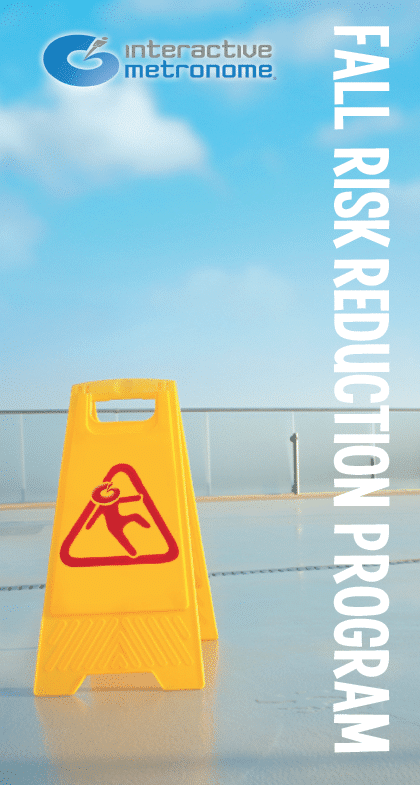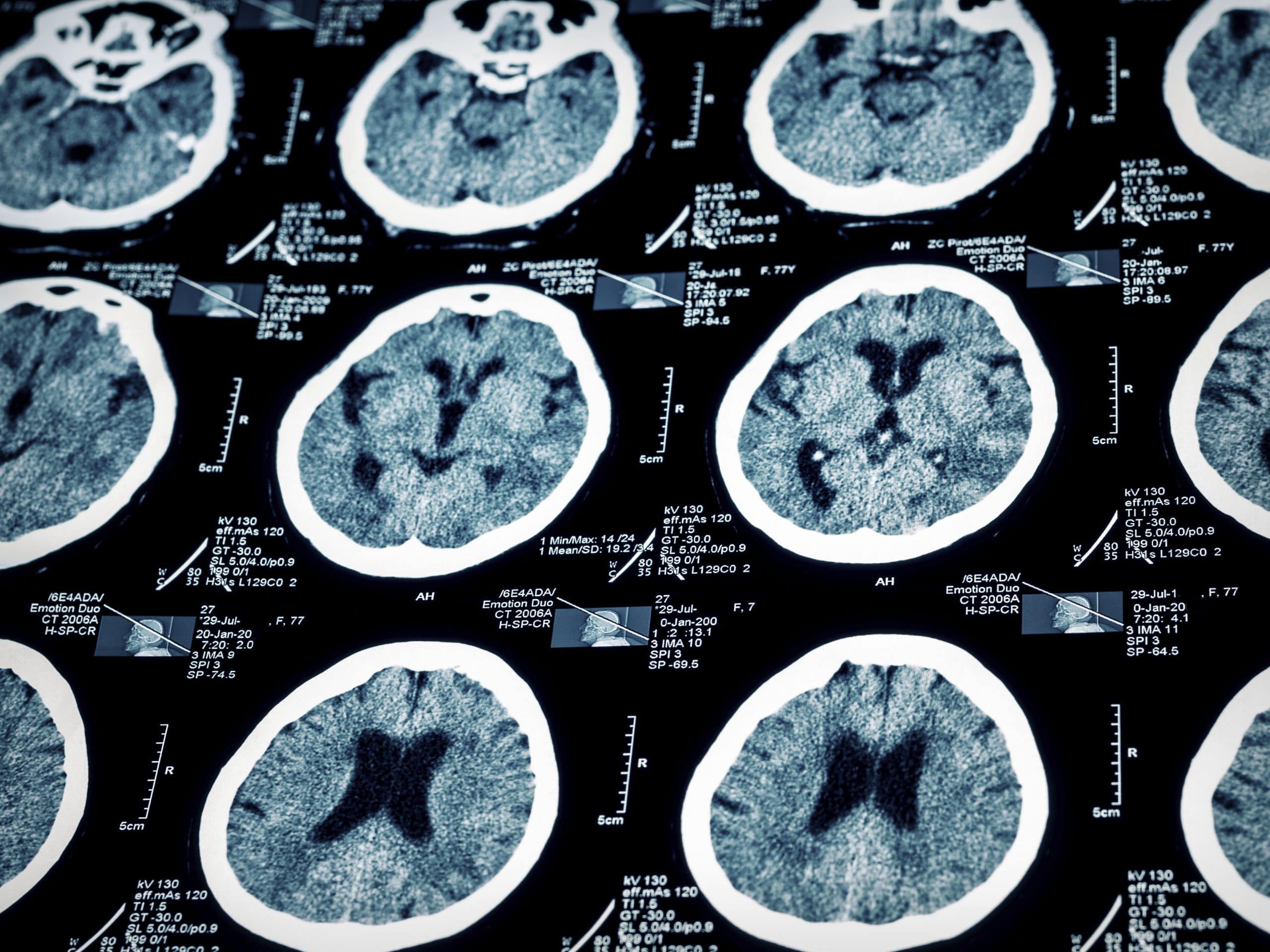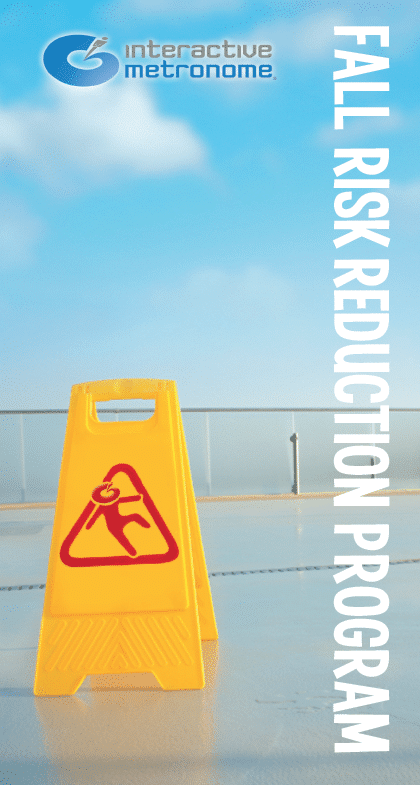Meet February’s Provider of the Month: Kristen Scheirman
Kristen is a SLP from Irving, Texas. She treats adults with traumatic brain injury and is an active IM provider. Kristen assisted IM in testing the Fall Risk Reduction coaching program, providing valuable input to make the program as effective as possible. She has also made impressive gains with her patients with IM, especially with the Fall Risk Reduction coaching program. Read about her helpful tips and insights, and how the Fall Risk Reduction program is working for her patients.



